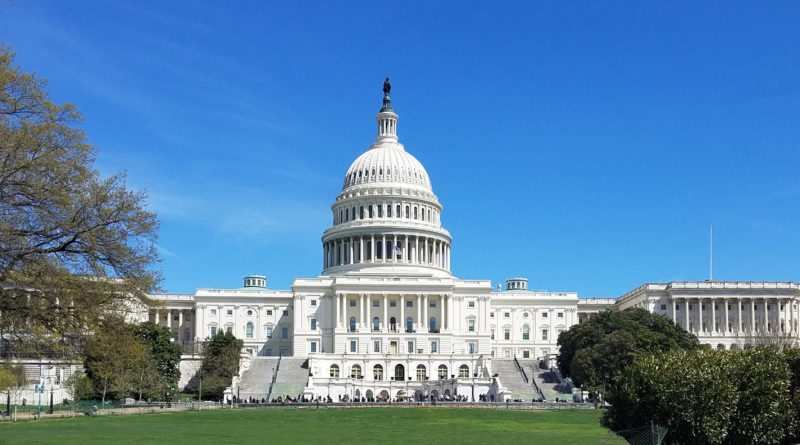How Congress Can Change Facebook
11,056 total views, 1 views today
We’re at a stage now where no matter how poorly managed Facebook is today, it’s CEO, Mark Zuckerberg, is untouchable. You can see this in action by the fact that Zuckerberg hasn’t made many changes in how he’s running Facebook, but even how the business is set up. It’s stock structure gives Zuckerberg near-absolute control over the company as the shares he holds gets exceedingly more votes than others around him.
In short, Zuckerberg is literally his own boss and no one has any authority over him at all. That is, unless Congress does something about it. You see Congress has the opportunity to make small changes to the nation’s security laws. This is big because Zuckerberg isn’t accountable to anyone at this moment. For Congress to introduce those small changes can mean that Zuckerberg’s grip on his company can weaken and may even introduce some public accountability. Of course these laws wouldn’t apply solely to Facebook, but to dozens of other companies too.
Accountability today is sorely needed on social media but especially for Facebook, given the series of scandals and fiascos that the company has gone through in the past two years. Both the executives and Zuckerberg have failed time and again to anticipate problems and have reacted poorly when those problems bubbled to the surface.
For example, this week The New York Times published an article (www.nytimes.com) that both Zuckerberg and Sheryl Sandberg, his top lieutenant and COO, were continuously downplaying to the public what they found revolving around the Russian-linked propaganda campaign that was conducted during the 2016 US election. On top of that Facebook has been on a public relations campaign to push back at its critics and using tactics like linking anti-Semitics to a Jewish financier named George Soros (www.businessinsider.com)
All in all the series of scandals that have piled up have illustrated Zuckerberg’s shortcomings, but despite the number of leaks from hacks, and the spread of hate speech and fake news through the platform, Zuckerberg has yet to be ousted from the company. And we kind of expected that to happen.
From the beginning Zuckerberg’s goal was growth. Growing as much as it possibly could. And while growth is good, the other things started to become underinvested in. From privacy, security, and even the ability to spot malicious activity on the platform itself. We see this now as growth has stalled while Zuckerberg and his team scramble about in an attempt to fix everything. All the while the stock has slumped and investors are getting bothered by it.
And while the shareholders would certainly love to handle Zuckerberg, their hands are tied primarily due to how the stocks are set up. The company has two classes of shares – Class A and B. Class B has fewer shares, however has more voting rights than Class A. And Zuckerberg controls most of the Class B shares running into a situation where even though he only has 15% of the shares of the entire company, he has 60% of the votes.
It’s in this dual-classed structure where Congress can actually get a foothold. You see thirty years ago, the number of companies using this structure started to rise and the SEC back then tried to force the stock exchanges to bar this practice. Unfortunately an appeals court rules that proposal out in under two years after the SEC approved it. This opened the door for tech companies like Facebook, Google and many others to adopt this practice to this day. But the reason they threw the proposal out was because that Congress had not explicitly given the SEC the authority to force these exchanges in the first place.
It’s a small little change, but it can make a massive difference in the business world. For one, it’ll allow stockholders to hold some of these big tech companies more accountable. And that’s something that we should all strive for.

